- About us
- Presentation
- Organisation
- Partnerships
- Portraits
- Opening Ceremony
- Course offer
- Presentation
- Organisation
- Partnerships
- Portraits
- Opening Ceremony
You are here : Home > About us > Presentation
School's patrons
Síofra O'Leary, Patron of the School for 2025-2026
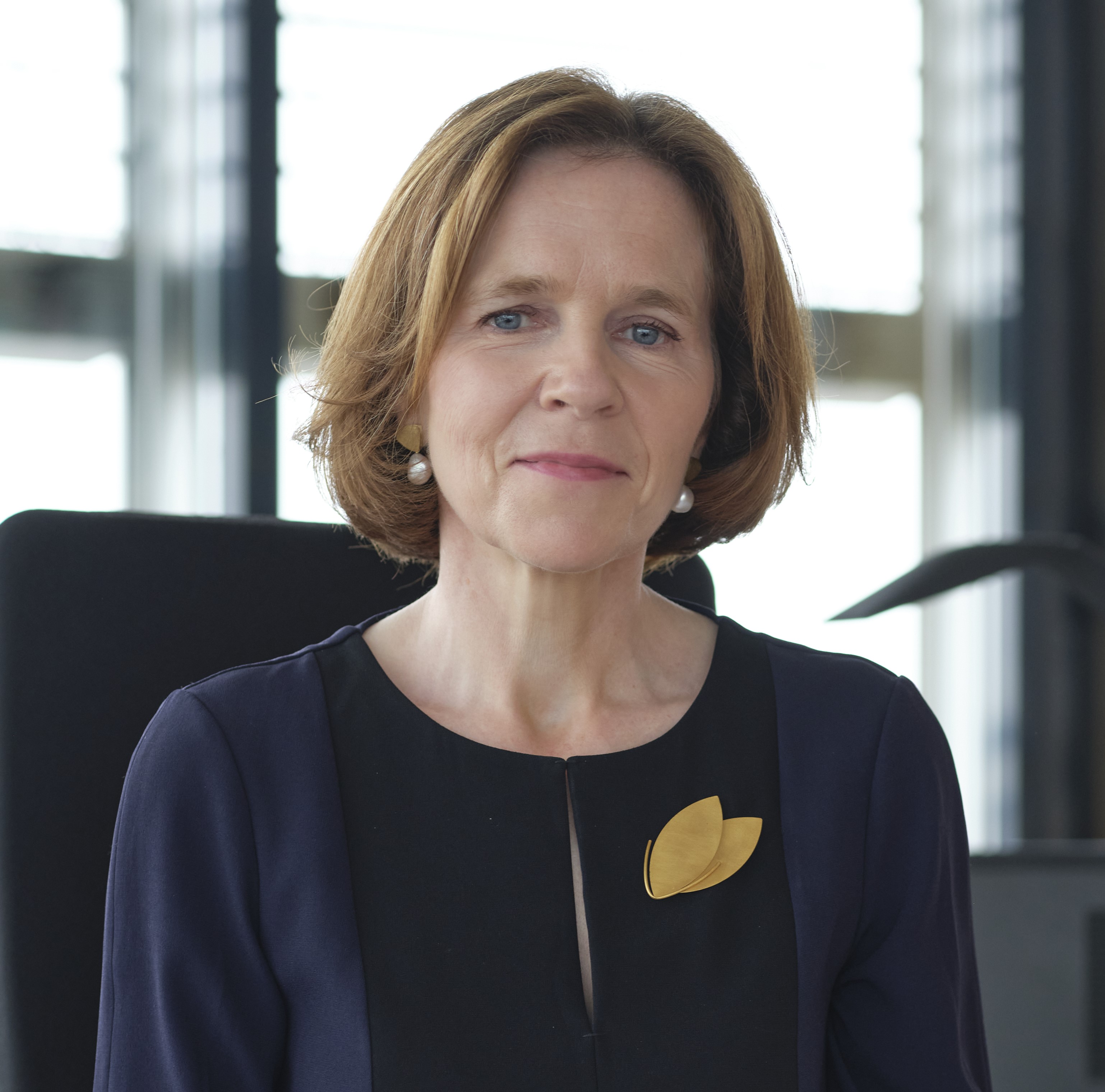
Síofra O’Leary is an Irish judge and a specialist in European law.
Elected as a judge of the European Court of Human Rights in 2015, she served as Section President from 2020 to 2022, then as Vice-President in 2022, before becoming President of the Court from November 2022 to July 2024.
In parallel, she has held positions in prestigious academic institutions such as Emmanuel College at the University of Cambridge, University College Dublin, and the College of Europe.
Síofra O’Leary has distinguished herself through her commitment to fundamental rights, the free movement of persons and services, and the promotion of European Union citizenship in general.
She embodies the European values also upheld by the European School of Law – Toulouse, which she has the honor of supporting this year.
Elisabeth Tichy-Fisslberger, Patron of the School for 2024-2025
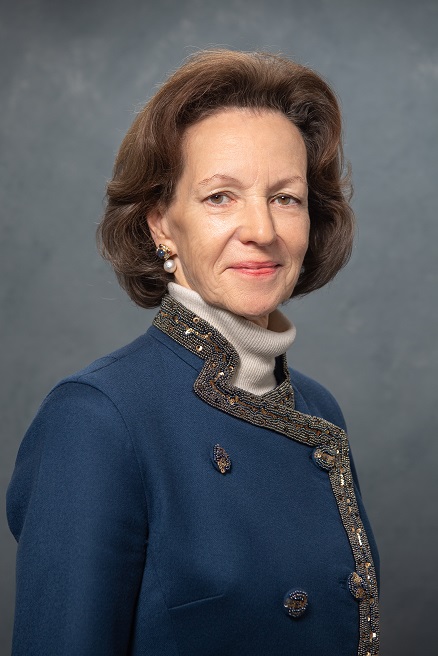
Elisabeth Tichy-Fisslberger is an Austrian judge, interpreter and diplomat.
Austrian ambassador to international organizations in Geneva from 2018 to 2022, she was president of the United Nations Human Rights Council in 2020.
From 2007 to 2017, she was Director General for Legal and Consular Affairs at the Federal Ministry for Europe, Integration and Foreign Affairs.
Since 2022, she has been a judge at the Court of Justice of the European Union in Luxembourg.
For several years, she taught at the University of Vienna and the Diplomatic Academy of Vienna.
Mr. Alain Lamassoure, Patron of the School for 2023-2024

Alain Lamassoure was a deputy for the Pyrénées-Atlantiques constituency for 7 years, successively Minister for European Affairs and Minister for the Budget. He then served 8 terms as a Member of the European Parliament, including a term as Chairman of the European Parliament's Budget Committee. Mr Lamassoure has devoted much of his political career to Europe, on which he has written two books: Histoire secrète de la Convention européenne and Ce sera une autre Europe. He currently chairs the European History Observatory of the Council of Europe.
Mr Maciej Spzunar, Patron of the School for 2022-2023

A graduate of the Faculty of Law and Administration of the University of Silesia. He completed postgraduate studies at the College of Europe in Bruges. In 1996, he became a researcher at the Department of Civil Law and Private International Law of the University of Silesia. In 2000, he was awarded a doctorate for his work on the promotion of property in the light of Article 28 of the Treaty establishing the European Community, and in 2009, he was awarded an honorary doctorate for his scientific achievements and a thesis entitled "Liability of an individual entity for breach of Community law". He qualified as a lawyer in 2001 and practised for several years. He was also secretary of one of the Commission's teams for the codification of civil law. In his academic work, he specialises in European law and private international law. He is a member of the editorial boards of "Problèmes de droit international privé", "Revue judiciaire européenne" and "Nouvelle Europe - Revue Natolin".
On 22 December 2008, he was appointed Under-Secretary of State in Poland at the Office of the Commission for European Integration. Following its integration into the structure of the Polish Ministry of Foreign Affairs on 1 January 2010, he was appointed Undersecretary of State at the Ministry. By decision of the Representatives of the Governments of the Member States of 16 October 2013, he was appointed Advocate General at the Court of Justice. In October 2018, he was elected First Advocate General of the Court of Justice of the EU.
Mr Jean-Louis Bourlanges, Patron of the School for 2021-2022
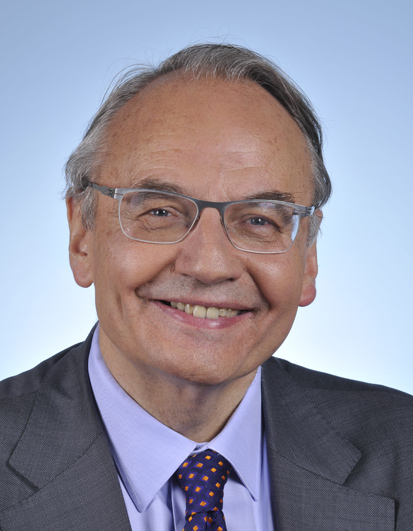
After graduating from the Institut d'études politiques de Paris in 1969, he became an agrégé in modern literature in 1971 and was admitted to the École nationale d'administration (ENA) in 1975. In 1979, he was appointed auditor and then advisor to the Cour des Comptes, the French Court of Auditors. Since October 2002, he has been associate professor at the Institut d'études politiques de Paris, where he teaches a course entitled "Political systems and life in the European Union".
An MEP from 1989 to 2007, he was elected to the European Parliament on Simone Veil's list in 1989, re-elected on Dominique Baudis's list in 1994 and on François Bayrou's list in 1999. He was Chairman of the Committee on Budgetary Control in 1993 and 1994, Rapporteur on the EU general budget in 2000, Rapporteur on the hierarchy of norms and the typology of EU acts in 2002 and has been Chairman of the EU-Poland Joint Parliamentary Committee since 2002.
Lady Black of Derwent, Patron of the School for 2020-2021
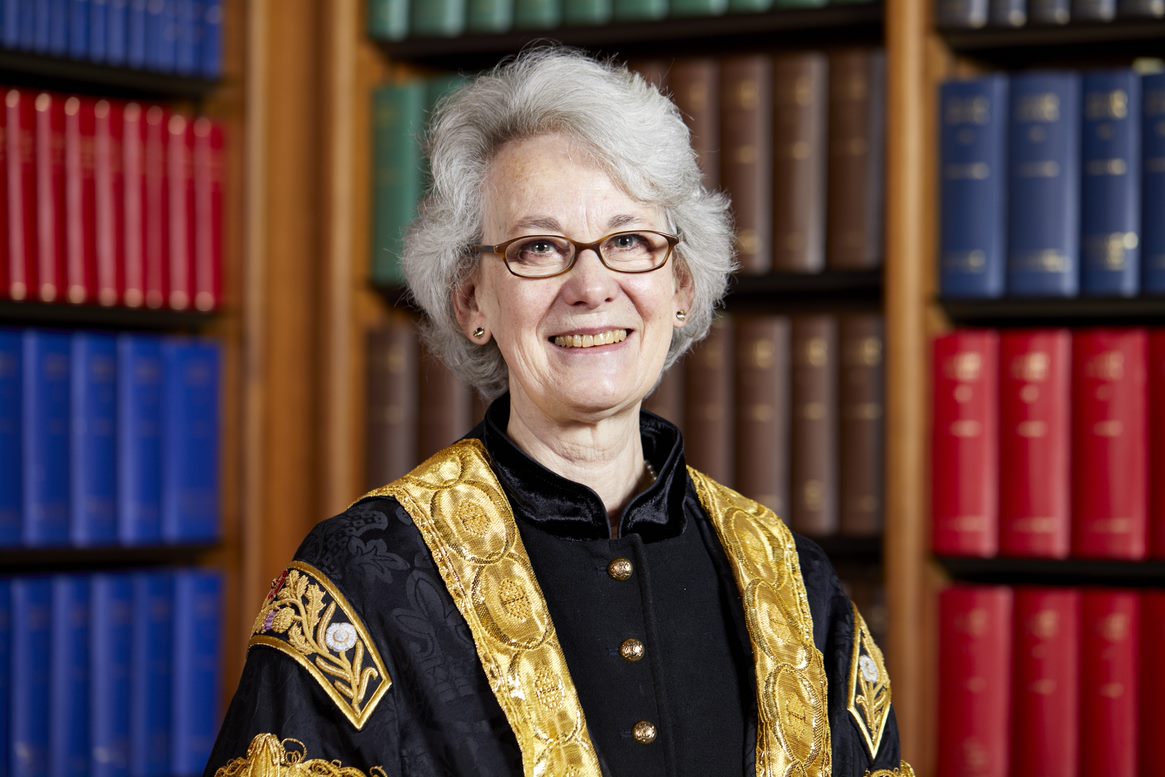
Lady Black was educated at Penrhos College, North Wales, before continuing her studies at Durham University. She was the first solicitor in her family and her early career at the Bar involved working on a wide range of criminal and civil cases, although she later specialised in family law.
She taught at Leeds Polytechnic for a period in the 1980s. She is the co-author of A Practical Approach to Family Law, which is widely used in England and Wales.
Lady Black was appointed to the Family Division of the High Court of Justice in 1999 and became a judge of the Court of Appeal in 2010. During her time on the Court of Appeal and the High Court of Justice, she has held a number of positions.
From 2004 to 2008, she chaired the Judicial Studies Board’s Family Committee. From 2008 to 2013, she was Commissioner for Judicial Appointments and then Vice-Chairman of that Committee. Prior to her appointment to the UK Supreme Court in 2017, she was also Head of International Family Law (for England and Wales).
Mr Enrico Letta, Patron of the School for 2019-2020
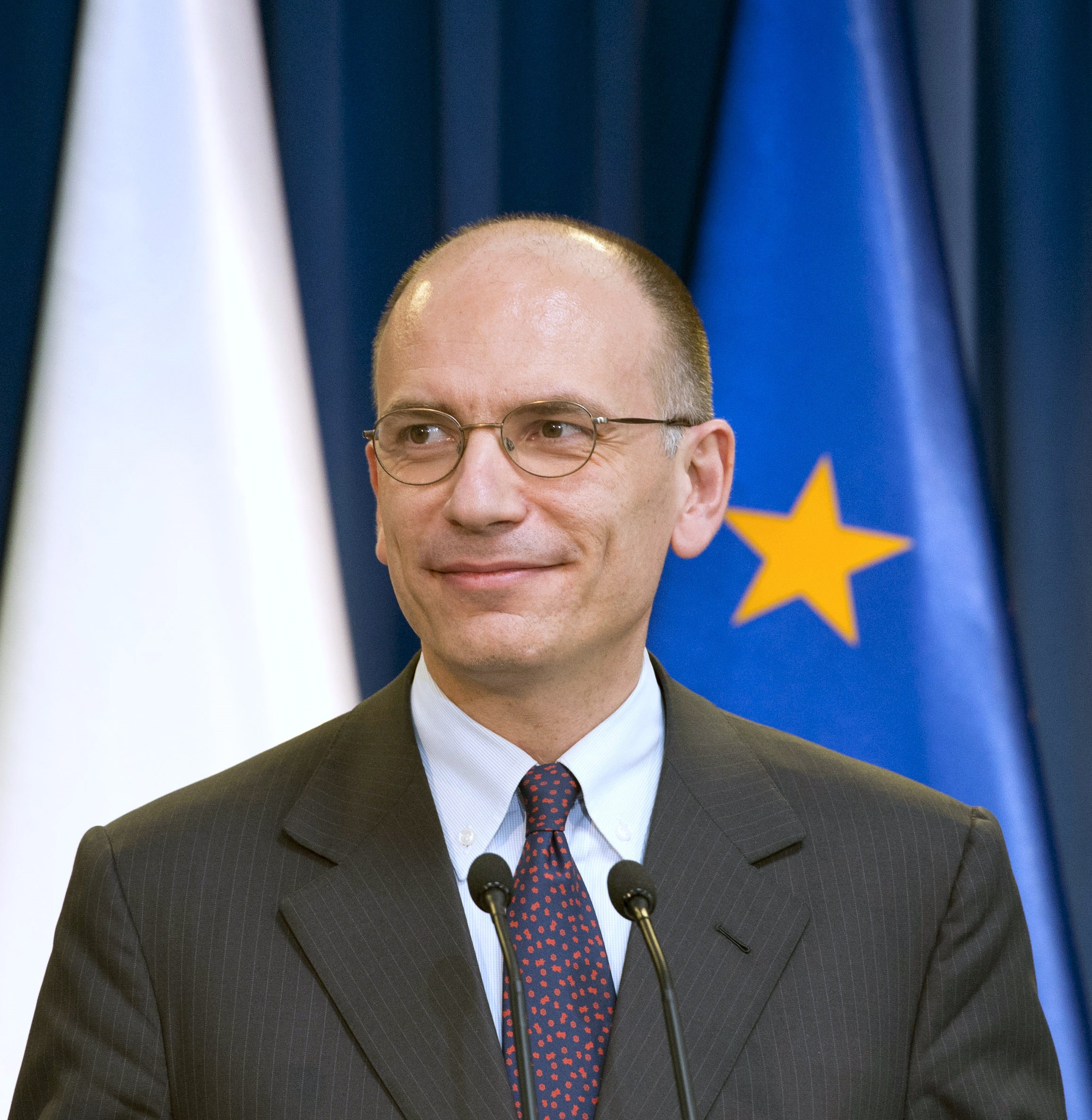
Enrico Letta holds a degree in International Law from the University of Pisa (his home town) and a doctorate in European Community Law from the Scuola Superiore di Santa Anna in Pisa.
President of the Young European Christian Democrats in 1991, he became Secretary-General of the Euro Committee at the Ministry of the Treasury in 1996. A year later, he was appointed Deputy Secretary of the Italian People's Party.
He then became Minister for Community Policies from 1998 to 1999, Minister for Industry, Trade and Craft Trades from January to April 2000, Minister for Industry and Foreign Trade from 2000 to 2001, and Undersecretary of State in Romano Prodi's Presidency of the Council from 2006 to 2008.
Enrico Letta was elected to the Chamber of Deputies from 2001 to 2015, with the exception of 2004-2006 when he was a Member of the European Parliament. He was also deputy secretary of the Democratic Party from 2009 to 2013.
From 2013 to 2014, he was President of the Italian Council.
Since 2015, Enrico Letta has been Dean of the Paris School of International Affairs (PSIA) at Sciences Po. In 2016, he was appointed President of the Jacques Delors Institute.
He is the author of numerous books on Europe:
- Euro sì - Morire per Maastricht (Laterza, 1997)
- Dialogue within Europe (with L. Caracciolo, Laterza, 2002)
- L'allargamento dell'Unione Europea (Il Mulino, 2003)
- L'Europa a Venticinque (Il Mulino, 2005)
- In questo momento sta nascendo un bambino (Rizzoli, 2007)
- Costruire una cattedrale (Mondadori, 2009)
- L'Europa è finita? (with L. Caracciolo, ADD Editore 2010)
- Andare insieme, andare lontano (Mondadori, 2015)
- Contro venti e maree (Il Mulino, March 2017), French translation: Faire l'Europe dans un monde de brutes (Éditions Fayard, September 2017).
Mr Heinz Wismann, Patron of the School for 2018-2019
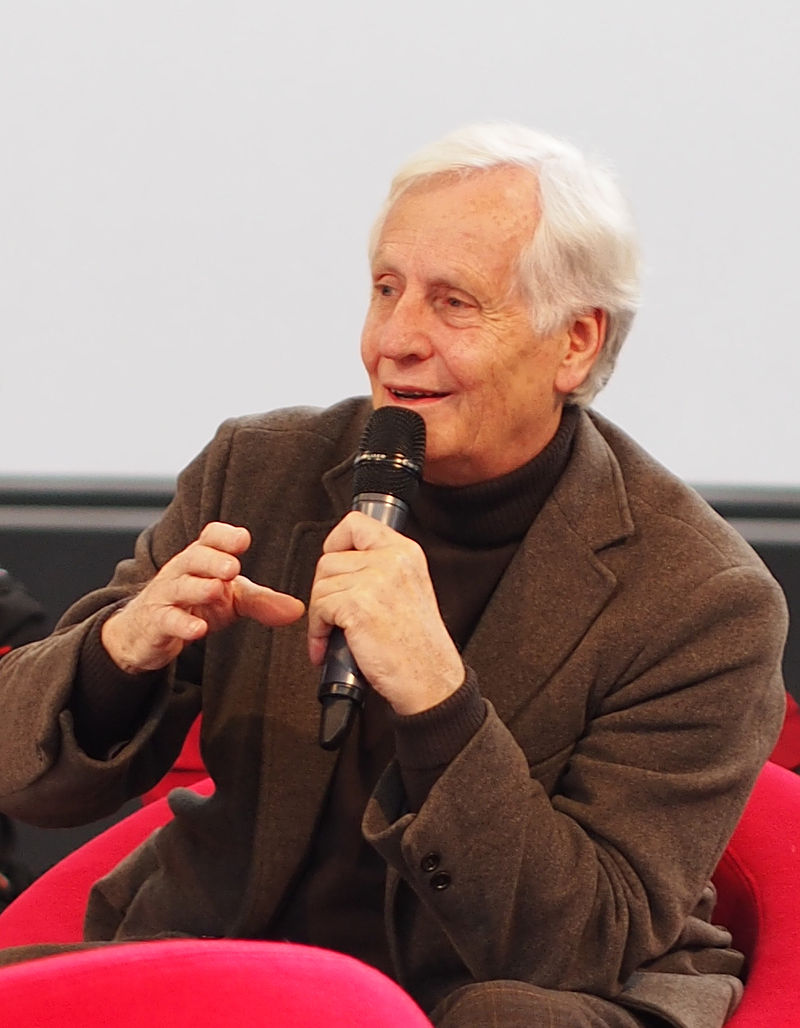
A Hellenist and philosopher specialising in hermeneutics, Heinz Wismann has long been associated with the École de Lille.
Emeritus Director of Studies at the École des Hautes Études en Sciences Sociales (EHESS), he is attached to the Georg Simmel Centre, a joint Franco-German research unit in the social sciences that brings together the EHESS and the CNRS.
A European spirit and a builder of peace between peoples, Heinz Wismann has given much thought to languages, to the world beyond languages, to European traditions and cultures, in order to maintain their difficult cohesion, while preserving their differences and singularities, despite their contradictions.
Publications and edited works:
- Heraclitus or Separation, in collaboration with Jean Bollack, Paris, Minuit, "Le sens commun" series, 1972
- La Réplique de Jocaste : sur les fragments d'un poème lyrique découvert à Lille, in collaboration with Jean Bollack and Pierre Judet de la Combe, Villeneuve-d'Ascq, Publications de l'Université de Lille III, Paris, Maison des sciences de l'homme, 1977
- Philologie et herméneutique au XIXe siècle - 2, edited by Mayotte Bollack and Heinz Wismann, Göttingen, Vandenhoeck und Ruprecht, 1983
- Walter Benjamin and Paris, Paris, Le Cerf, coll. "Passages, 1986
- L'Avenir des langues : repenser les humanités, in collaboration with Pierre Judet de la Combe, Paris, Le Cerf, series "Passages", 2004
- Les avatars du vide. Démocrite et les fondements de l'atomisme, Paris, Hermann, "Le Bel Aujourd'hui" series, 2010
- Penser entre les langues, Paris, Albin Michel, coll. "Bibliothèque des Idées", 2012; reprinted in Flammarion, coll. "Champs. Essais", 2014; Charles Veillon European Essay Prize, Lausanne, 2012.
Translations:
- Epicurus, Letter to Herodotus, Paris, Minuit, "Le sens commun" series, 1971
- Kant, Critique de la raison pratique, trans. in collaboration with Luc Ferry, Paris, Gallimard, 1989
Mr Jean-Paul Costa, Patron of the School for 2017-2018

After studying law at the Institut d'études politiques, where he obtained a postgraduate diploma in public law in 1964, he entered the École nationale d'administration (ENA) in 1966 as a member of the Montesquieu class.
He began his career at the Conseil d'État, the French Council of State, in the administrative jurisdiction section, where he became an assessor and then president of the subsection (1989-98). From 1981 to 1984, he was Chief of Staff to the Minister for Education.
He then chaired the French delegation that negotiated the Franco-British agreement on the cross-Channel fixed link (1985-1986) and the Commission for Access to Administrative Documents (CADA) from 1995 to 1998. In May 1988, he was a member of the Commission responsible for reviewing criminal procedure for the French Minister of Justice.
Elected by the Parliamentary Assembly of the Council of Europe, he became one of the 47 judges of the European Court of Human Rights on 1 November 1998. He was elected President of the European Court of Human Rights by his peers on 29 November 2006, succeeding Luzius Wildhaber of Switzerland, for a three-year term beginning on 19 January 2007. The second Frenchman to hold this post after René Cassin, he was re-elected on 16 November 2009 until November 2011.
On 3 December 2011, he was elected Chairman of the International Institute for Human Rights - René Cassin Foundation and in 2014, he was appointed Chairman of the Ethics Committee of Video-protection of the Strasbourg Urban Community.
On 30 September 2017, the morning before the annual official opening of the European School of Law, he was awarded a Doctorate in Law by the University of Toulouse Capitole.
Mr Michel Barnier, Patron of the School for 2016-2017
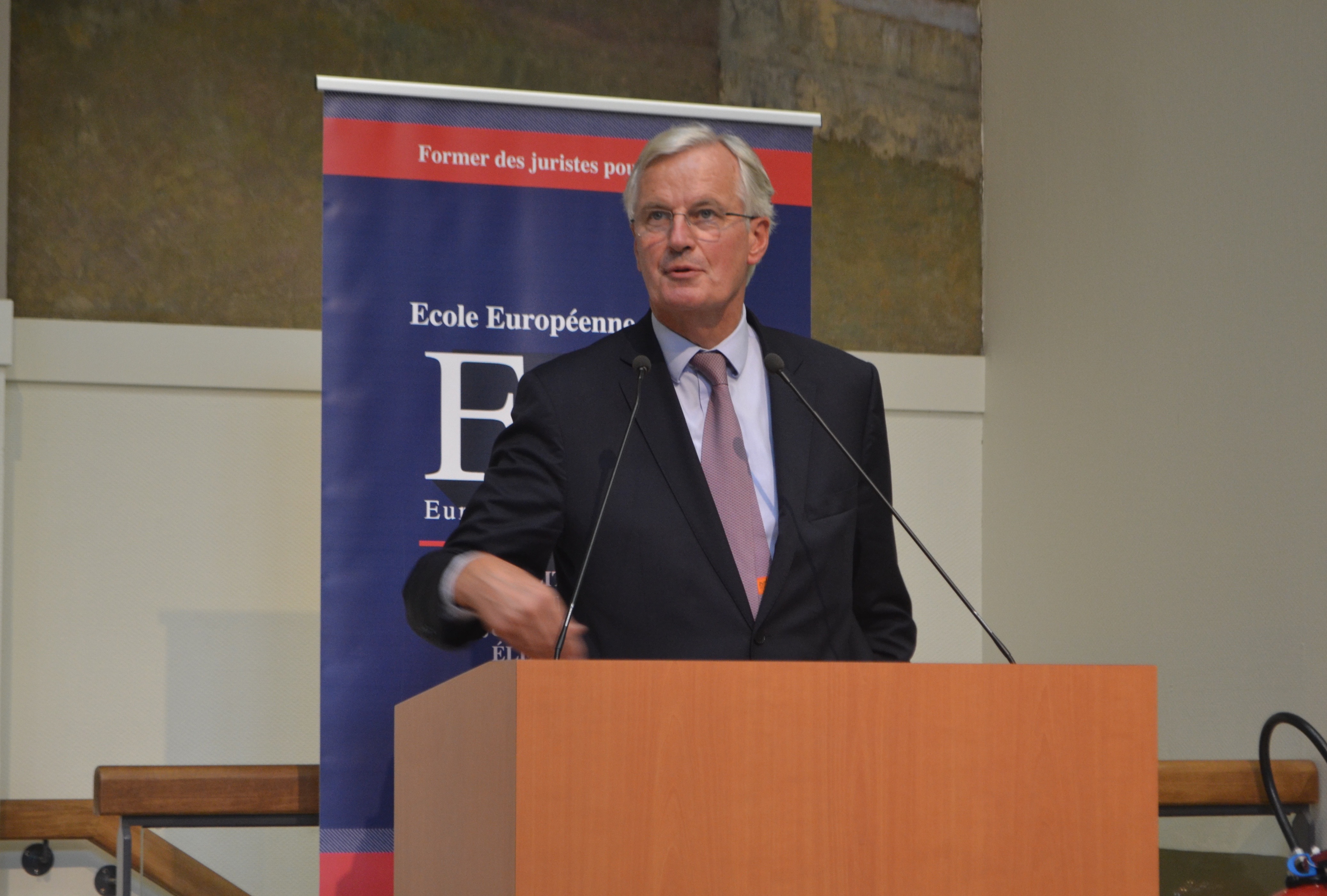
Michel Barnier is a graduate of the École Supérieure de Commerce de Paris. He started his career at the General Council of Savoie.
In 1995, after serving as Minister for the Environment and Minister for European Affairs, responsible for negotiating the Treaty of Amsterdam, he became Chairman of the Delegation for European Affairs in the French Senate.
He joined the Romano Prodi Commission as Commissioner for Regional Policy from 1999 to 2004. He then became Minister for Foreign Affairs, then Minister of Agriculture and Fisheries.
He returned to the European Commission in 2006 as special advisor to President José Manuel Barroso. In the June 2009 European elections, he was elected to the European Parliament, which he left in February 2010 when he was appointed European Commissioner for the Internal Market and Services.
On 27 July 2016, Jean-Claude Juncker, President of the European Commission, appointed him Chief Negotiator in charge of preparing and conducting the negotiations with the United Kingdom under Article 50 of the EU Treaty.
Mr Vassilios Skouris, Patron of the School for 2015-2016
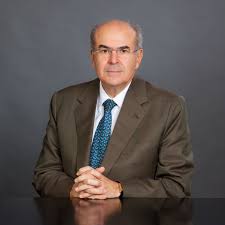
Vassilios Skouris holds a law degree from the Free University of Berlin (1970) and a doctorate in constitutional and administrative law from the University of Hamburg (1973). He was appointed Associate Professor at the University of Hamburg (1972-1977), Professor of Public Law at the University of Bielefeld (1978) and Professor of Public Law at the University of Thessaloniki (1982).
He was Greek Minister of the Interior in 1989 and 1996. From 1997 to 1999, he was a member of the Scientific Council of the Ministry of Foreign Affairs, and in 1998 he became Chairman of the Greek Economic and Social Council.
On 8 June 1999, he was appointed a Judge at the Court of Justice of the European Union, of which he was also President from 7 October 2003 to 7 October 2015.
Please refer to cookies policy


